 The Times, a British newspaper, ran an online article on October 16 entitled 'Olympics in for long crawl with push for more open-water races' by Owen Slot, Chief Sports Reporter and 3-time Sports Reporter of the Year.
The Times, a British newspaper, ran an online article on October 16 entitled 'Olympics in for long crawl with push for more open-water races' by Owen Slot, Chief Sports Reporter and 3-time Sports Reporter of the Year.Great Britain's hopes of improving on the success of the team at the Beijing Olympics may be boosted by a push to have more than one open-water swimming event in the 2012 London Games. Britain won two silvers and a bronze in the only such discipline in China, so more open-water events in four years' time should bring further strong medal opportunities.
The ten-kilometre swim in Beijing was new to the Olympic programme and its debut was a significant success with fans, TV broadcasters and, notably, Jacques Rogge, the International Olympic Committee (IOC) president. This has resulted in the open-water technical committee of Fina, the world swimming federation, setting the wheels in motion for more open-water events in the Olympics.
Sid Cassidy, the chairman of the open-water committee, told The Times that he had made this recommendation in his post-Beijing report. This will be followed by a meeting of the open-water committee in Kuwait in January, when the way forward will be plotted further.
At present, a five-kilometre race is favoured. However, interesting alternatives arose in the European Championships in Dubrovnik, Croatia last month, where there was also a five-kilometre time-trial and five-kilometre two-male, one-female team event. The team event, using teamwork and slipstreaming, as in cycling, has great potential.
“It is our recommendation that we consider a five-kilometre race,” Cassidy said. “It was very well received in Beijing and, for London, it would make better use of the venue. If the British are positive and want to push it, that would really help.”
The open-water venue in London - the Serpentine in Hyde Park - would clearly make for an attractive sporting arena. The politics of Olympic sport, however, suggests that, despite the success in Beijing, open-water swimming is more likely to have a second discipline at the 2016 Games than in 2012. First, the open-water committee must persuade Fina to back its cause, then Fina has to win the day with the IOC. In the Olympic world, such change tends to require a sustained campaign rather than come as a result of quick decision-making.
British Swimming has demonstrated its commitment to open-water swimming by the recent creation of a performance role dedicated to open-water competitors. Britain's medal-winners at Beijing are young enough to compete in London. Keri-Anne Payne and Cassie Patten, who won silver and bronze respectively, are 20 and 21. David Davies, 23, who won the silver medal in the men's event having swum off line in the closing stages, says that London may be his last significant championship, but that he would be keen to double up if there was more than one open-water race.
“In cycling you get a whole programme on the track and two road races, so it would be nice if we could have the equivalent,” he said. “It's a very tough sport and it deserves a greater presence in the Olympics. The pool swimmers came and watched and it really opened their eyes.
“In Beijing, I did the 1,500 metres in the pool and the ten kilometres four days later. A ten kilometres takes me about 2 weeks to recover from. But I'd definitely be interested in doubling up in open water if the programme allowed it.”
Davies's hopes were not helped by his nerves on race day being such that he could not keep his breakfast down, despite carbohydrate-loading heavily in the days before the race. This may help to explain why he said that he was “running on empty” by the end of the race, “swerving around and hoping to get to the line”. However, he said that the silver had “really given me motivation to go one better in London”. It may not be only one gold in his sights, but two.


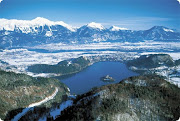
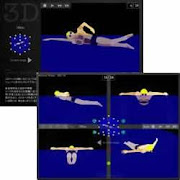
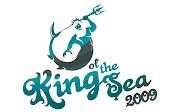



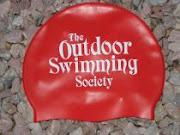





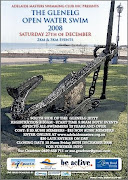





No comments:
Post a Comment